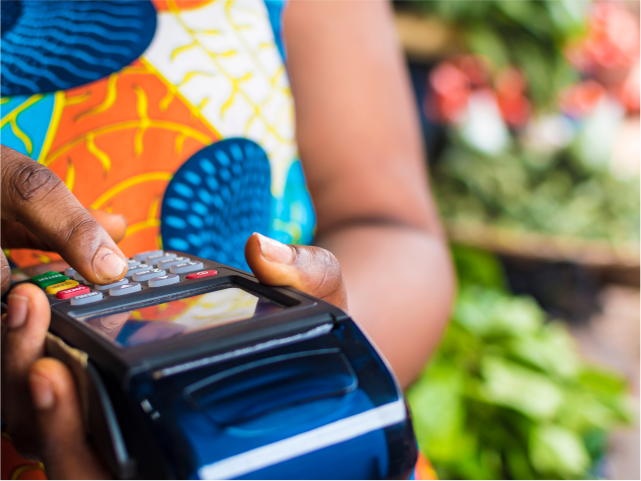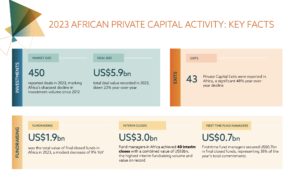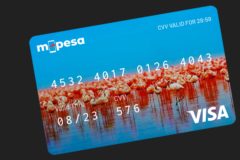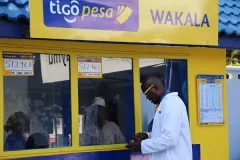On January 1, 2012, the Central Bank of Nigeria (CBN) implemented the cashless policy in accordance with its vision 2020. The policy, which was primarily aimed at three things: reducing the costs associated with cash handling, improving access to digital payment channels, and enabling more transparency in payment systems for a more effective monetary policy; was piloted in Lagos before spreading to other parts of the country. To encourage the adoption of e-payment channels, individuals and businesses had free cash deposits and withdrawals with thresholds of ₦500,000 and ₦3,000,000, respectively. Transactions which exceeded these were taxed between 2-10%.
In spite of the grand vision, the implementation of this cashless policy raised a lot of eyebrows, as banks and stakeholders worried about the reliability of the e-payment systems and its ability to sustain transactions.
Since then, there has been a significant increase in the adoption of e-payment channels and the volume of transactions grows every year. According to data from the NIBSS, the value of financial transactions via mobile devices increased 155.8 percent ( ₦719.4 billion to ₦1.8 trillion) between August 2021 and August 2022. The value of Point-of-sale (POS) transactions has also grown rapidly, from about ₦167 billion in 2017 to ₦663 billion as of July 2022.
Agent banking, which led to the proliferation of POS terminals, was introduced in 2013 as part of the CBN’s efforts towards the cashless policy. These POS terminals opened up a new portal for financial services to reach bank customers in remote, unbanked, and underbanked parts of the country- encouraging even more of these people to open bank accounts.
According to Fatima Ismail, a 68-year-old woman in Keffi, POS agents are the only reason she still operates her bank account.
“I don’t have the time nor the energy required for banks. The banks are all the way on the other side of town and I am not interested in making the trips there just to keep my money or withdraw the money I want to spend. Also, the banks are always crowded and people there keep asking me to write in or sign forms written in English. That is too much stress for me, considering the fact that I do not understand English fluently.
On my street alone, there are four POS agents and so I can withdraw or deposit my money at my convenience.”
POS agents are not only useful to people in remote, underbanked, and unbanked communities. They are thriving all across the country – especially in the urban areas. The service became popular during the COVID-19 lockdown in 2020, and the majority of Nigerians have been unable to go back to queuing in banks again.
Regina Moroko, a high-school principal in Kaduna, does not remember the last time she visited a bank or ATM point. “I rarely visit banks or ATMs to withdraw money again. Many of them have long queues and you’re not even guaranteed of getting the money. I can’t tell you the number of times I’ve queued at an ATM point, only for the machine to run out of cash, suddenly go into maintenance mode, or just outrightly reject my card.”
Traditional banks across the country encourage agency banking and have rolled out numerous campaigns targeted at attracting people into being agency bankers; a move which has been successful due to the high rates of unemployment and underemployment in the country. Between 2017 and 2022, the number of POS terminals grew from 155,000 to 1.1 million. This POS arrangement works well for banks too, as it lets customers use their bank accounts without the banks having to deal directly with the cash, thus mitigating cash-risk exposure. In this report, some banks go as far as implementing in-house strategies (some outright misinterpretations of statutory directives), like deactivating ATMs at night, to discourage their customers from using cash.
Alhaji, a businessman who owns six POS terminals in Abuja, says that fraudsters now focus on agency bankers and they are more accessible than banks. “I have been in this business since 2020 and there is almost no week where someone does not try to scam or steal from me. They come in various forms and use various tactics, some even bring fake naira notes. The banks don’t care about this and you will still have to meet their targets and remit their charges at the end of the month.”
Cash is still King
Interestingly, the rise in the adoption of e-payment channels does not seem to have translated to a general decrease in cash circulation. CBN Governor, Emefiele, announced in October that there was ₦3.23 trillion in circulation, an increase of ₦26 billion from the same period last year.
It has been ten years since the CBN implemented the cashless policy and the value of money in circulation keep going up, despite efforts by the apex bank.
The battle now seems to be how to simultaneously promote financial inclusion and lower the value of cash in circulation. While e-payment channels like mobile transfers can help reduce the amount of cash in circulation, they are not inclusive, as a large number of Nigerians cannot operate the technology required. People resort to agency banking which closes the inclusion gap but further increases reliance on cash.
Even with the fintech explosion between 2012 and 2022, not much has been done towards digitising the bulk of everyday payments for the average Nigerian. You still need cash to board commercial transport or buy goods from your neighbourhood store. Business people would rather take cash than accept other forms of payments, with POS machines being expensive and mobile transfers sometimes being slow and unstable. This makes commercial areas very lucrative spots for agency bankers.
The CBN will have to strengthen payment infrastructure in order to accommodate financial inclusion and non-cash-reliant payment.





















